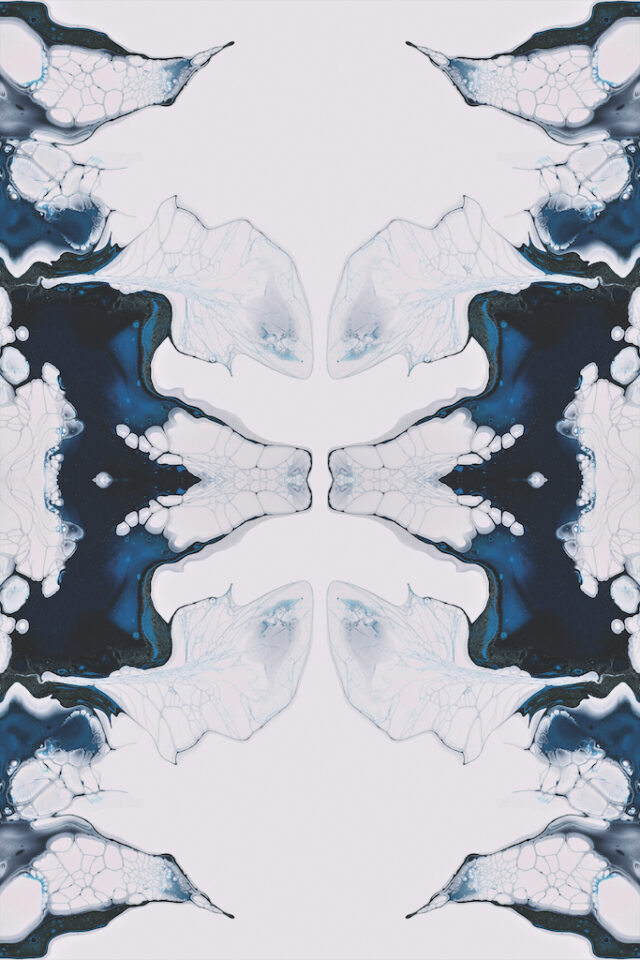 By Amely Greeven
By Amely Greeven
For a good 10 years, social psychologists have been decrying a collective deficit in empathy. They’ve sounded alarms about the lessening of awareness of each others’ feelings, of our willingness to imagine what another is experiencing and why. Plenty of reasons are cited for this downturn, which started before social media became the beast that it is. The stress of daily life engenders a natural self-centeredness—after all, how can the mind turn to another’s problems when its own ones are so consuming? A dearth of genuine community activities, where humans gather around shared concerns, has made the art of listening awkward and unpracticed. But the sheer amount of noise we live with today has undeniably made things worse. With constant information coming at us online, polarized points of view making connection harder—or even riskier-feeling—and faceless communication igniting reactive righteousness from all sides, empathy can start to feel like a rare and exotic thing.
Neuroscientists and behavioral researchers will point out that human beings are wired for empathy: Circuitry in our brains, including specialized cells called mirror neurons, activate in response to other peoples’ needs, helping us to get inside another’s experience. This biological basis for empathy turns on nurturing and care for others, and helps our species to survive.
More recently, researchers have described three “types” of empathy, noting that if a person isn’t strong in one area, they may well shine in another. There is emotional empathy, a shared nervous system response, a sensation of feeling another’s pain or joy. There is cognitive empathy, the skill of understanding another’s experience, and helping to problem-solve. Empathetic concern is a tendency or will to want to help. These distinctions can help us see empathy where previously we may not have—like in the stoic friend who doesn’t shed a tear but puts pen to paper to strategize solutions. They can also help protect against feeling too much pain, offering other ways to connect when others’ suffering becomes too big.
As fascinating as these scientific advances are, however, they do not touch the depth of what true empathy is, or why the erosion of it is such a danger. In The Gene Keys, a modern wisdom text that presents a pathway to personal evolution, empathy is described as the most enlightened state of listening. Sita Daavettila, a spiritual coach who uses the text with her clients, says, “Gene Key 13 describes the importance of rising above discord, a state where we hear but don’t listen. We do this by practicing discernment, the conscious ability to decide what to allow in, and then the willingness to enter a deeper layer of listening.”
She says that empathy is not the same thing as sympathy, consoling another in their pain, which can be destructive, giving a wound more energy. It is higher than that. “Empathy is allowing a moment of truly witnessing another, or of being witnessed ourselves and truly seen for where we are,” says Daavettila. This can take courage, in an age where quiet is under-respected. “The teaching is asking us to just listen, and realize the experience of life is what is asking to be heard. In true empathy, we feel a greater presence behind us, listening in—the Great Cosmic Mother, who has always been there. And that is where the healing is.”
Spiritual guide and mystic Deirdre Hade agrees. “The soul longs for intimacy with itself, with each other and the divine. When we have intimacy we feel connected, held, safe and happy, and when we don’t we feel sad, fearful, terrified, alone, lost and angry. It literally is that black or white.” Hade says that from a spiritual perspective, the virtue of empathy is the seed of wisdom—“the knowing of what action to take to make peace, or save a life, or heal a broken world.” But these days, our society no longer teaches empathy and wisdom the way it does, say, mathematics or marketing. So we need to learn it.
Sitting in a mindful circle with others, where personal testimonies can be shared without advice given back, is one way to enter the field of empathy. Daily interactions can be practices, too: Become more still than normal, seal your lips, breathe through your nose, “literally rest in your being, instead of chiming in,” says Daavettila. But even things like dancing with others or being creative together in real life can boost the neurological circuitry of connection, getting those mirror neurons pinging and priming the path for empathy. All of this starts by looking up from the screen.
Knowing what’s in it for you is the other piece of the puzzle. As Hade says, “Our egos always want a payoff, and the payoff of empathy is better health, happiness, joyfulness, hope and self-esteem, which all help us create solutions to problems that we desperately need right now.” It’s also the humility to see that empathy is at the root of what makes us human. “After disaster and war throughout time,” she says, “the deep understanding of ourselves and the people around us has always brought us back together to build a new village, a new city or new country.”
It’s not a unicorns-and-rainbows concept, but one grounded in the depth of wisdom. “Hatred, divisiveness and condemnation comes forth when our minds become bombarded with more stimulus than they were ever meant to handle. The first thing to go under this stress is our connection and empathy, but we need to guard against this, because when humans don’t have connection with each other, we rapidly sink into chaos, despair and horror. Empathy is the most important quality we have to keep our world together.”



